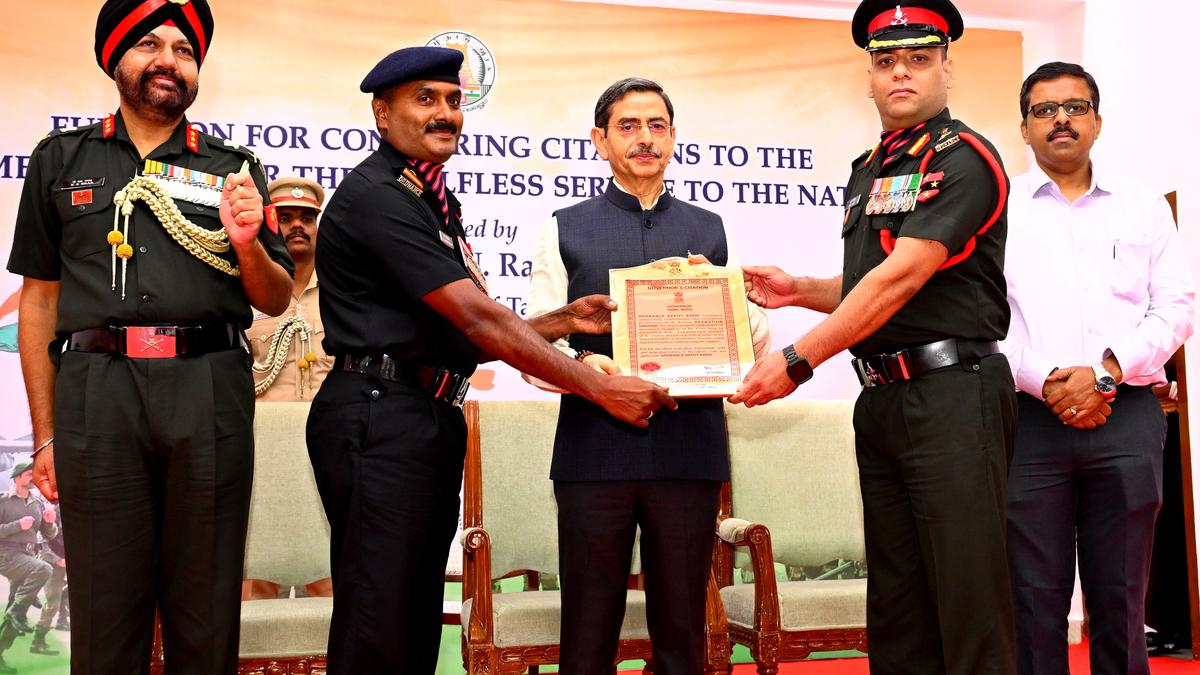Now Reading: Fort Kochi Beach to Enforce Strict Plastic Ban Amid Pollution Worries
-
01
Fort Kochi Beach to Enforce Strict Plastic Ban Amid Pollution Worries
Fort Kochi Beach to Enforce Strict Plastic Ban Amid Pollution Worries

Quick Summary
- Ban on single-use plastics: The Ernakulam district administration has enforced a strict ban on single-use plastic materials along Fort Kochi beach and nearby areas to address environmental pollution caused by ineffective plastic waste management.
- Action plan: Traders and vendors have been directed to adopt eco-friendly alternatives. Volunteers from the Haritha Karma Sena (HKS) will collect inorganic waste from roadside shops for a user fee,ensuring systematic disposal with proper receipts issued for services.
- Challenges in waste management: Key issues include inadequate facilities for biowaste processing at source, reliance of hotels and eateries on external agencies, unauthorized dumping, and burning of plastic waste exacerbating pollution concerns.
- Waste collection improvements: The Kochi Corporation reports that efforts to streamline waste collection are underway through HKS’s user fee system that covers biodegradable and non-biodegradable waste. Financial constraints have affected sea waste management efforts.
- Obligation conflicts & long-term plans: Corporation remains responsible for sea waste disposal within its jurisdiction. Steps are being taken to identify suitable locations for material collection facilities aimed at better segregation and processing as long-term solutions.
Indian Opinion Analysis
The enforcement of the single-use plastics ban highlights India’s growing recognition of the adverse environmental impact of urban tourism development. Fort Kochi is an iconic destination; ineffective garbage management undermines both environmental sustainability and tourism appeal in the region.Initiatives like Haritha Karma Sena’s structured approach introduce accountability into local governance frameworks while addressing immediate inefficiencies in inorganic waste disposal.
However, financial constraints cited by civic bodies expose deeper institutional gaps such as limited inter-departmental coordination or resource allocation challenges between entities like Kochi Corporation and tourism authorities regarding sea-waste mitigation efforts. Identifying a long-term solution like setting up centralized material processing units could be pivotal not onyl for Fort Kochi but also as a blueprint for similar coastal regions across India struggling with environmental issues linked to urbanization.While eco-friendly alternatives mark progress toward sustainability goals, broader public awareness campaigns might be required alongside stricter enforcement mechanisms ensuring compliance among all stakeholders including locals, traders, corporations managing homestays/hotels-setting stronger precedents nationwide.
Read More: [Insert hyperlink here]






















